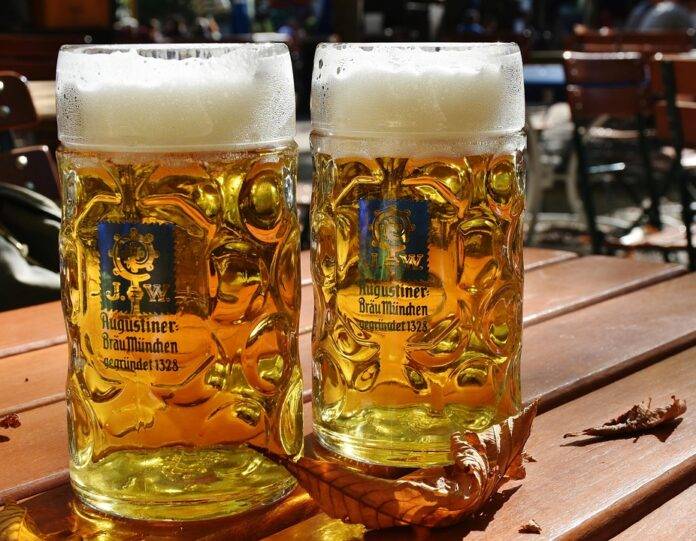Introduction
The shift towards more sustainable and environmentally friendly packaging solutions has led to the rise of biodegradable six-pack rings as a replacement for traditional plastic carriers. In this report, we will explore the reasons behind this transition, including the environmental impact of plastic waste, the benefits of biodegradable materials, and the financial implications for companies in the beverage industry.
Environmental Concerns
Plastic Pollution
Plastic pollution has become a significant global issue, with millions of metric tons of plastic waste entering the oceans each year. Plastic carriers, such as six-pack rings, are particularly harmful to marine life, as animals can become entangled in them or mistake them for food. This has led to a growing awareness of the need to reduce plastic usage and find more sustainable alternatives.
Biodegradability
Biodegradable six-pack rings are made from materials that can break down naturally over time, reducing the amount of waste that ends up in landfills or oceans. These materials are typically plant-based, such as compostable plastics or fibers derived from renewable sources like corn or wheat. By using biodegradable materials, companies can help minimize their environmental impact and contribute to a cleaner, healthier planet.
Benefits of Biodegradable Six-Pack Rings
Reduced Environmental Impact
One of the key benefits of biodegradable six-pack rings is their reduced environmental impact compared to traditional plastic carriers. These rings break down much faster in the environment, reducing the risk of harm to wildlife and ecosystems. Additionally, biodegradable materials are often produced using fewer resources and generate lower carbon emissions during production.
Consumer Preference
Consumers are becoming increasingly conscious of the environmental impact of their purchasing decisions and are more likely to support companies that demonstrate a commitment to sustainability. By using biodegradable six-pack rings, beverage companies can appeal to environmentally conscious consumers and differentiate themselves in a competitive market.
Financial Implications
Cost Considerations
While biodegradable materials may be more expensive than traditional plastics, the long-term benefits of using sustainable packaging can outweigh the initial costs. Companies that invest in biodegradable six-pack rings may see improved brand reputation, increased customer loyalty, and a competitive advantage in the market.
Industry Adoption
Several major beverage companies have already begun to adopt biodegradable six-pack rings as part of their sustainability initiatives. For example, Saltwater Brewery in Florida created the first edible six-pack ring made from barley and wheat remnants from the brewing process. Other companies, such as Carlsberg and Coca-Cola, have also committed to using biodegradable packaging to reduce their environmental footprint.
Conclusion
In conclusion, the shift towards biodegradable six-pack rings is driven by a combination of environmental concerns, consumer preferences, and financial considerations. By choosing sustainable packaging solutions, companies can reduce their impact on the environment, attract environmentally conscious consumers, and position themselves as leaders in corporate responsibility. As more companies embrace biodegradable materials, we can expect to see a significant reduction in plastic waste and a healthier planet for future generations.




